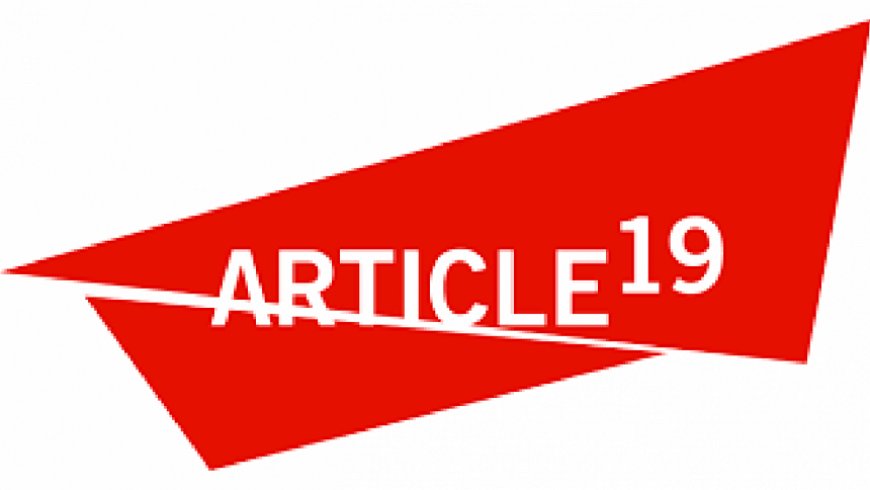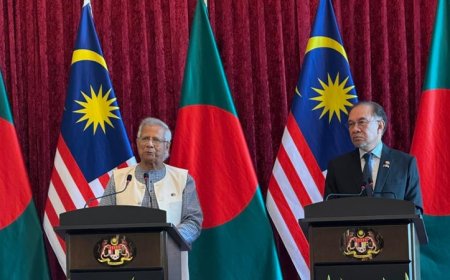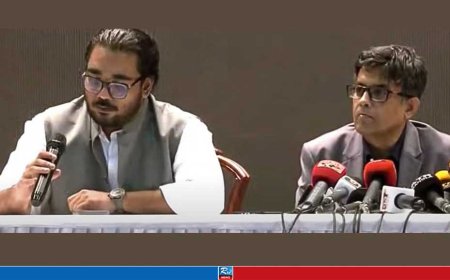The proposed cyber ordinance could obstruct independent journalism
The proposed cyber ordinance could obstruct independent journalism

Rights Group Warns Draft Cyber Protection Ordinance Threatens Press Freedom and Free Speech
The draft Cyber Protection Ordinance, in its current form, poses a significant threat to independent journalism and freedom of expression in the country, according to rights group Article 19. In a statement issued yesterday, the UK-based international organization criticized the government for failing to engage in meaningful consultations with relevant stakeholders before drafting the ordinance. The group urged the authorities to conduct such consultations before enacting the law. Civil society members also raised concerns about the lack of transparency in the drafting process.
Article 19 highlighted that many terms in the newly approved draft remain undefined, leaving room for broad interpretation and potential misuse. The draft ordinance retains several controversial provisions from its predecessors—the Cyber Security Act (CSA) and Digital Security Act (DSA)—both of which were widely criticized for curbing free speech. These laws had replaced a contentious section of the ICT Act but continued to impose severe restrictions on online expression.
Although presented as a more moderate alternative, the CSA maintained key problematic aspects of its predecessors, including criminalizing certain forms of speech, granting law enforcement unchecked powers for arrest, search, and seizure, and allowing authorities to block or filter content with minimal oversight.
The new draft ordinance further expands such powers. Section 8 grants sweeping authority to the executive to block or filter information deemed objectionable, raising concerns about unchecked censorship. The ordinance also proposes the establishment of a National Cybersecurity Council under sections 12 and 13 (Chapter IV), which would have extensive authority to shape cybersecurity policies, enact regulations, and oversee the country's digital infrastructure.
Additionally, the council would supervise a National Cybersecurity Agency, whose director general would be empowered to request the removal or blocking of any information considered a "cybersecurity risk." Article 19 warned that without judicial oversight, these broad powers could be easily misused.
The council itself would be chaired by the head of state and include top government officials, such as the ICT minister and heads of intelligence and defense agencies. This centralization of power raises serious concerns about accountability and potential government overreach, the rights group stated.
Further provisions in the draft ordinance have also drawn criticism. Section 26 criminalizes the publication of content intended to "spread hate," a clause that Article 19 argues is inconsistent with international freedom of expression standards. Instead of protecting individuals' rights, it prioritizes safeguarding religious values or sentiments.
Similarly, Section 27 imposes the same penalties on individuals who "aid" in an offense under the ordinance, without clearly defining what constitutes "aiding." This vague wording, the rights group warned, could be exploited to criminalize a broad range of online activities.
Moreover, the ordinance fails to address structural issues related to censorship, surveillance, state power consolidation, and law enforcement's discretionary authority. Article 19 urged the government to review and amend these provisions in line with the International Covenant on Civil and Political Rights, to which Bangladesh is a signatory.
What's Your Reaction?





















































































